What is addiction?
Alcohol problems, Substance abuse, Drugs all this start with pain and end with pain. Addiction is a physical and psychological inability to stop taking psychoactive drugs, food, sex, the internet, and many more. Not only taking alcohol, drugs or any substance can be an addiction. But it may be taking coffee, eating junk food, using social media can also consider as addiction.
21 million people in the united states suffer from addiction( Alcohol problems, Substance abuse, Drugs)out of which 15 million suffer from alcohol use disorder and 3 million suffer from the opioid disorder. Addiction comes from a Latin word 'enslaved by'.
Addiction can also be defined as a chronic, relapsing brain disease that is characterized by compulsive drug seeking and use, despite harmful consequences.
Addiction is a real issue created by external environment factors and will end up by taking a life. But why we become addicted to something even after knowing its disadvantages? why we can't get rid of substance abuse?
Why are we addicted?
It has been estimated that 1 in 7 people are addicted to Alcohol problems, Substance abuse, or Drugs.
We as human needs three things to survive i.e Food, Water, and Dopamine. Everyone knows about food and water but what is dopamine and how it is responsible for addiction?
Dopamine is the hormone that comes from the brain reward center i.e nucleus accumbens from the limbic system, where our survival instincts are program and control our emotional and behavioral response to the information we receive.
Whenever we get some reward from our parents, teachers, or society for our hard work or due to something else, dopamine gets released from the limbic system and will give a temporary pleasurable effect.
Due to this pleasurable effect, we get motivation to do task just because our brain only knows survival instincts.
But what if, there is no reward from parents, society or from teachers then there will be no rush of dopamine and thus no motivation to do any task.
Lack of dopamine for a long time can lead to Depression, Trauma, or post-traumatic stress disorder. In this case, our brain will find a way to get dopamine rush and will help us to survive.
According to the current theory about addiction, dopamine interacts with another neurotransmitter, glutamate, to take over the brain's system of reward-related learning.
This system has an important role in sustaining life because it links activities needed for human survival (such as eating and sex) with pleasure and reward.
The top three drugs causing addiction are marijuana, opioid (narcotic) pain relievers, and cocaine.
Taking opioids is the number 1 cause of death, more than car accidents and gun violence.
But how much dopamine is released in regular life?
- When we are in a good mood:- 100 nanograms/deciliter of dopamine get's released.
- Similarly, for the normal day:- 50 nanograms/deciliter of dopamine.
- Worst day :- 40 nanoggrams/deciliter.
- While having sex:- 94 nanograms/deciliter.
- While having favorite food:- 92 nanograms/deciliter.
- Using methamphetamine :- 1100 nanograms/deciliter.
- Marijuana/Alcohol/Heroine :- 100 nanograms/deciliter.
We can see that for a normal working range we require 40-100 nanograms/deciliter of dopamine. If our brain finds difficulty to release this amount of dopamine then it will start craving dopamine.
We are addict to Alcohol problems, Substance abuse, or Drugs so as to to normalize our dopamine levels. This is necessary for our brain to maintain our survival instincts.
You will be amazed to know that, if we just stopped the patients to stop taking drugs then the dopamine level will drop to only 10 nanograms/deciliter. Thus, removing drugs from their normal life is not going to help rather than it will create more problem to pateints.
Lack of dopamine in the brain will lead to cravings, then cravings will lead to activating our survival mode and thus survival mode will activate our primal action and the patient will do every possible thing to make sure his/her dopamine is at a normal level that means he can do any crime because his/her prefrontal-cortex will shutdown (Decision making, reasoning ability, and judgment).
The harmful effect of substance abuse.
In 1950, Dr.Olds and Milner discovered the area of the brain which got affect by Substance abuse. Later in 1994, Dr. Volkow and Dr. Schelbert found that long usage of any substance can damage tissues in the brain.
Substance abuse can damage our brain's ability to detect natural highs and will crave unnatural highs and motivate itself to find more in the future.
Long use of drugs can cause Hypofunction Reward System. That means it will slow down the response of neurotransmitters, Which makes artificial and natural highs harder to come. Eventually, our brain will create a tolerance to drugs, and to maintain the level of dopamine we need to increase the amount of drugs.
As dopamine is linked to glutamate, it will make a memory loop that reinforces the habit. Once this habit is formed, it will be difficult for individuals to get rid of addiction
Drugs affect your body's central nervous system. They affect how you think, feel, and behave. The three main types are depressants, hallucinogens, and stimulants:
Depressants:-
As the name says, it slows down the central nervous system. They will slow down the messages coming from the brain and going to the brain. It will affect our coordination and concentration and slow down our ability to respond.
Alcohol, cannabis, GHB, opiates (heroin, morphine, codeine) and benzodiazepines(minor tranquilizers) are examples of depressants
Hallucinogens:-
It will distort our sense of reality. you will hear and see the things which are not really there. Other effects can include emotional and psychological euphoria, jaw clenching, panic, paranoia, gastric upset, and nausea. Ketamine, LSD, PCP, 'magic mushrooms', and cannabis are examples of hallucinogens.
Stimulants:-
It will speed our central nervous system. This can cause increased heart rate, blood pressure, and body temperature, reduced appetite, agitation, and sleeplessness. In large amounts, stimulants may cause anxiety, panic, seizures, stomach cramps, and paranoia. Caffeine, nicotine, amphetamines (speed and Ice), cocaine, and ecstasy (MDMA) are examples of stimulants.
The Effects of Drug Abuse on Health.
- A weakened immune system, increasing the risk of illness and infection
- Heart conditions ranging from abnormal heart rates to heart attacks and collapsed veins and blood vessel infections from injected drugs
- Nausea and abdominal pain, which can also lead to changes in appetite and weight loss
- Increased strain on the liver, which puts the person at risk of significant liver damage or liver failure
- Seizures, stroke, mental confusion, and brain damage
- Lung disease
- Problems with memory, attention, and decision-making, which make daily living more difficult
- Global effects of drugs on the body, such as breast development in men and increases in body temperature, which can lead to other health problems.
How to get rid of addiction(Alcohol problems, Substance abuse or Drugs):-
- Tell your friends about your decision to stop using drugs:- Your true friends will definitely support your decision and sure they will help you to get out of this.
- Ask your friends or family to be available when you need them:-You need someone to talk to share your problems or when you feel lonely always share you feeling with someone who trusts you and support you.
- Accept invitations only to events that you know won't involve drugs or alcohol:-Try playing outdoor games that do not involve any drugs activity. you can go to watch a movie but remember to skip late-night parties which include drugs.
- Have a plan about what you'll do if you find yourself in a place with drugs or alcohol:-Establish a plan with your parents, siblings, or other supportive friends and adults so that if you call home using a code, they'll know that your call is a signal you need a ride out of there.
- Remind yourself that having an addiction doesn't make a person bad or weak:-If you fall back into old patterns (backslide) a bit, talk to an adult as soon as possible. There's nothing to be ashamed about, but it's important to get help soon so that all of the hard work you put into your recovery is not lost.
- Try to reach rehab center:- Rehab centers will give you a positive environment and will do regular counseling, exercise and eventually you will no longer be an addict.



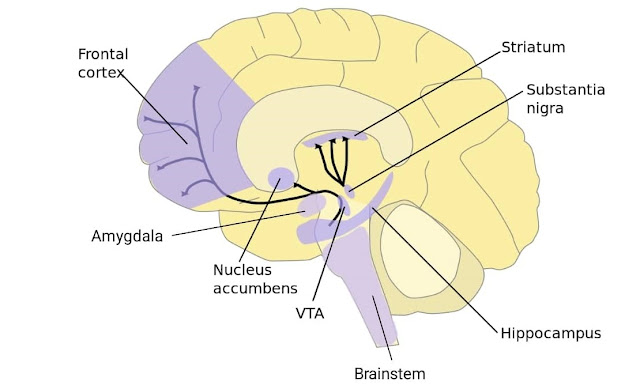
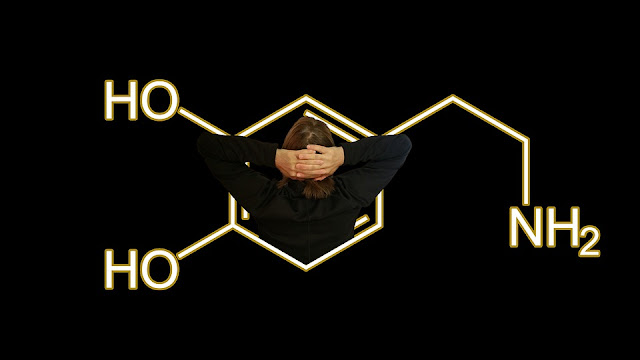
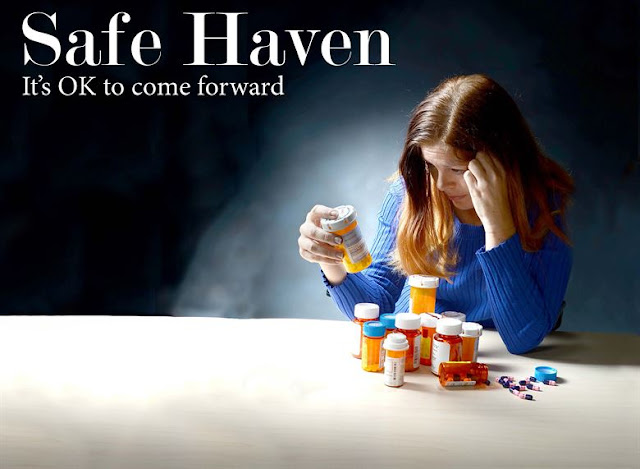
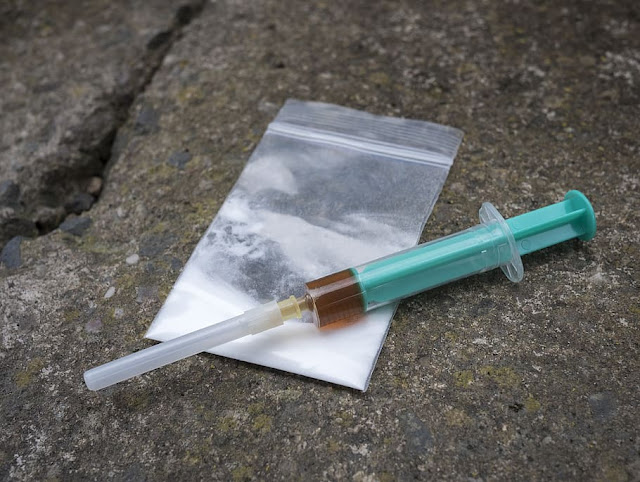
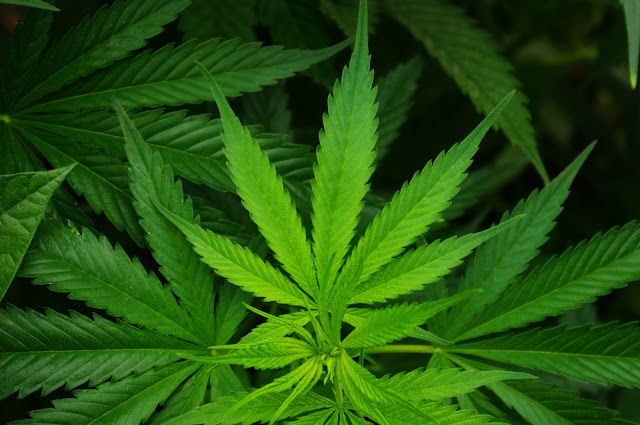

0 Comments